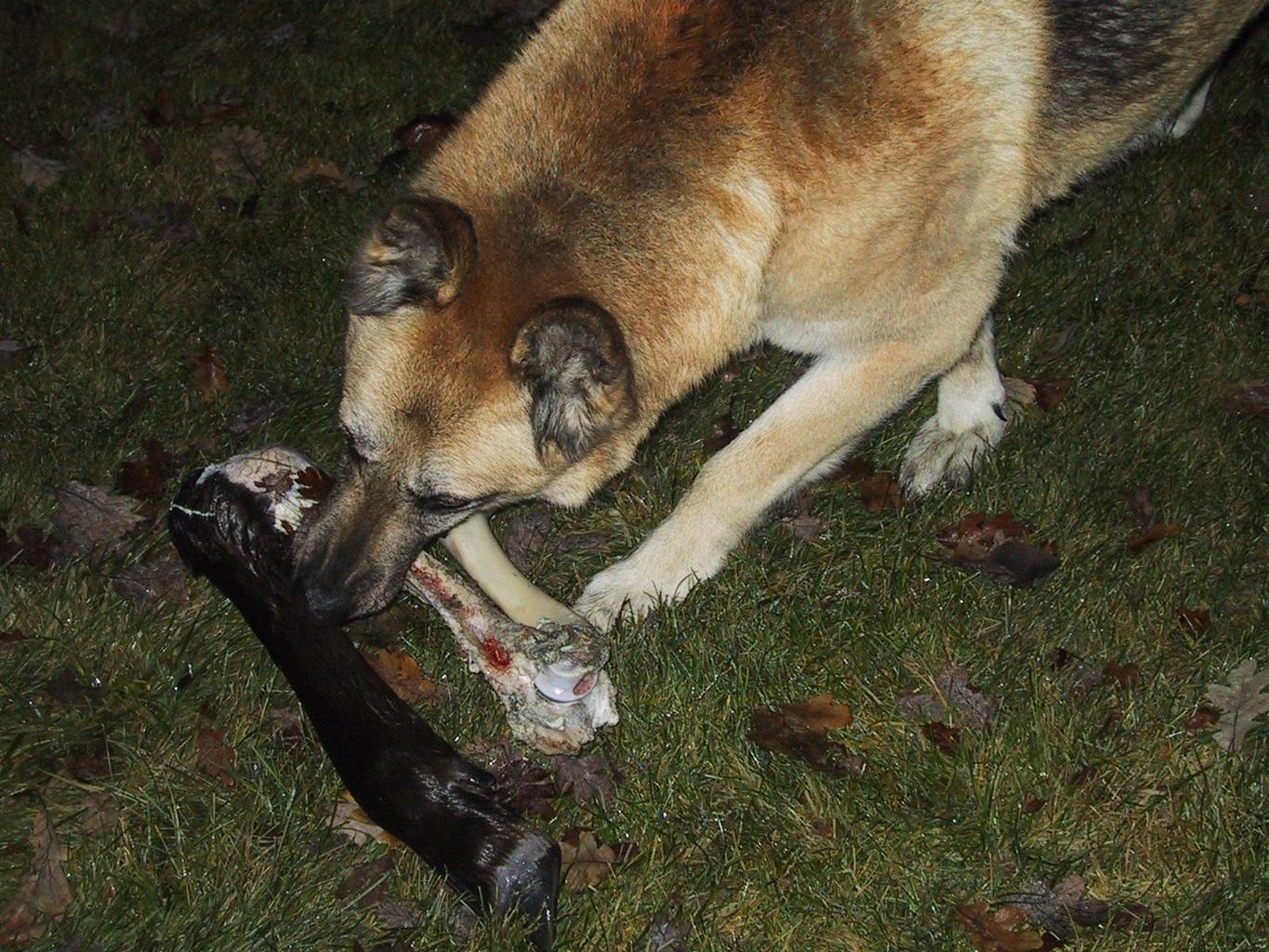Dogs are considered to be man’s best friend and are a favorite family pet for their loyalty, playfulness, and affection. However, owning a dog comes with certain responsibilities, especially when it comes to their health. Dogs, just like humans, are susceptible to genetic problems that can affect their overall well-being. In this article, we will discuss some paw-some solutions for spotting and curing genetic woes in your pup.
Genetic Pup Problems: Tips & Tricks
Genetic problems in dogs can manifest in various ways, including behavioral issues, physical ailments, and illnesses. Some common genetic problems in dogs include hip dysplasia, cataracts, deafness, and epilepsy. As a dog owner, it is essential to be aware of these problems and take necessary steps to prevent them. Regular check-ups with a veterinarian can help detect these problems early on. Additionally, it is essential to research the breed of your dog and understand the potential genetic problems they may face.
One of the most effective ways to prevent genetic problems in your pup is to adopt from a reputable breeder. Responsible breeders typically screen their breeding dogs for genetic disorders before breeding to ensure that they produce healthy puppies. Additionally, adopting a mixed breed dog can reduce the likelihood of genetic problems since mixed breeds have a diverse genetic makeup. Regular exercise and a healthy diet can also help prevent genetic problems and improve your pup’s overall health.
Unleashing The Cure: Paw-some Solutions
If your pup does have a genetic problem, there are many paw-some solutions available to help manage and cure their condition. Medications and surgeries can be used to manage certain conditions, while others may require specialized care, such as physical therapy or a specialized diet. Dog owners should work closely with their veterinarian to determine the best course of treatment for their pup. Additionally, there are many support groups and resources available to help dog owners cope with their pup’s genetic problems.
Another paw-some solution for managing genetic problems in dogs is to provide them with a comfortable and stimulating environment. For example, dogs with mobility problems may benefit from a ramp or special bedding to make them comfortable. Dogs with hearing or vision problems can benefit from toys and games that stimulate their other senses. Regular exercise and socialization can also help improve your pup’s overall well-being and quality of life.
Genetic problems in dogs can be a significant concern for dog owners, but with the right care and attention, dogs can live happy and healthy lives. By being aware of potential genetic problems and taking necessary steps to prevent and manage them, you can ensure that your pup lives their best life. Remember, your pup relies on you for their health and happiness, and with paw-some solutions, you can be the best pet parent possible.







